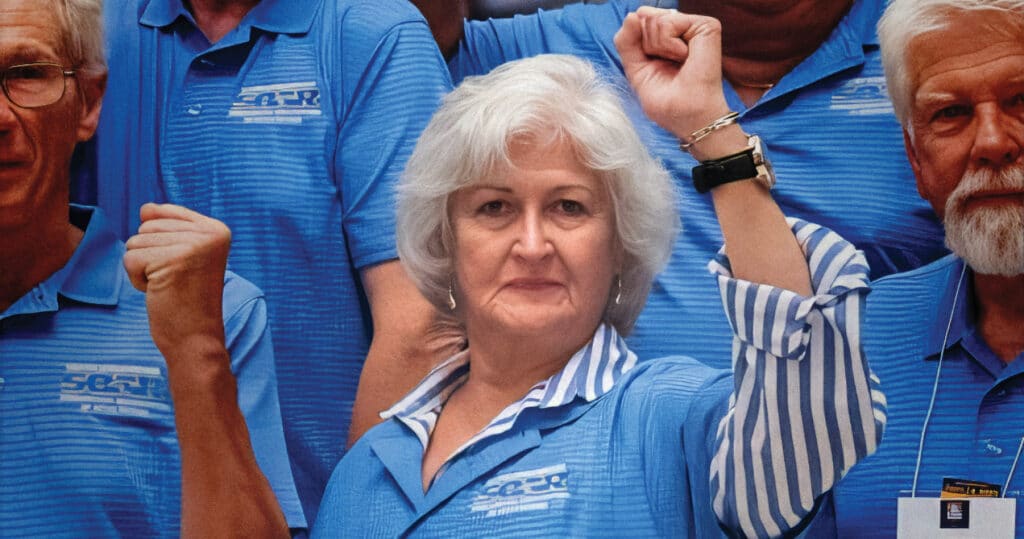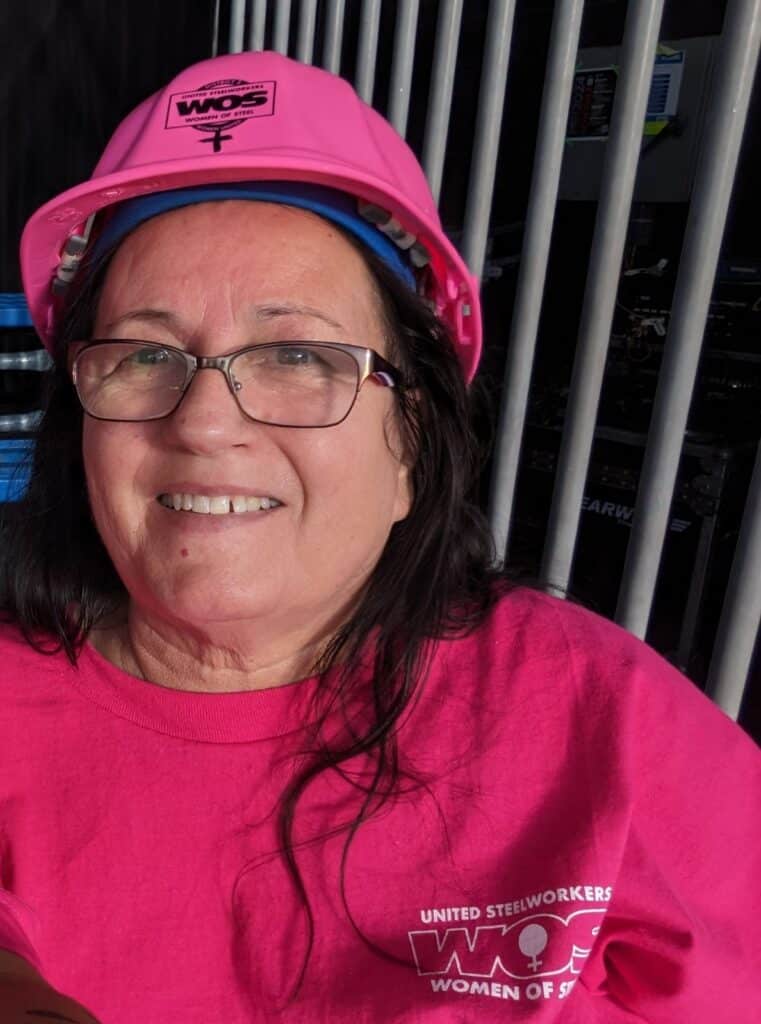Foster: Unions Can Help Break Barriers for Women in Manufacturing
Unions can play an important role in breaking down barriers for women who work in manufacturing jobs, International Vice President Leeann Foster said Tuesday as she kicked-off a panel discussion that focused on sharing perspectives from women in the sector. A recent report from the Institute for Women’s Policy Research (IWPR) and the AFL-CIO Industrial Union Council “shows that many women are thriving in manufacturing,” Foster said. “But it also highlights practices that need to change for manufacturing to attract and retain a diverse set of women.”
Many women begin working in manufacturing looking for good, family-supporting jobs but face a host of challenges, including failed recruitment efforts, lack of respect and harassment in the workplace, child care issues and limited opportunities for advancement, according to the report.
Foster, who also oversees the union’s Women of Steel program, said strong language in union contracts is one of the best tools in addressing these concerns.
“It’s critical for unions to focus on bargaining around diversity, equity and inclusion programs so workers of all genders and backgrounds can understand how to respect each other,” said Foster.
Manufacturing employs one in 10 workers in the United States, fewer than one-third of whom are women. Changing that would be good for workers and employers, she said.
“Diverse workplaces are better, more productive workplaces,” she said. “Women are an untapped resource, and the views and perspectives of women manufacturing workers are invaluable.”
Foster said it is important that women in manufacturing encourage others to enter the industry.
“The future of women in manufacturing, especially in high-earning roles, depends on union sisters going out in the community to speak with girls as young as middle school and helping see themselves in this career,” said Foster.
The role of unions can be critical in ensuring that women can thrive in manufacturing careers, the report concluded, because unions can ensure access to benefits such as training and apprenticeship programs, domestic violence leave, child care and other programs. More information can be found in the full report and recorded webinar (below).
Other panelists included: Ariane Hegewisch, IWPR; Latifa Lyles, a White House aide who focuses on gender equity issues; Zoe Lipman, AFL-CIO; Shana Peschek, Machinists Institute; Alexandra Patterson, Home Grown; and Lark Jackson, Chicago Women in the Trades’ National Center.
By clicking Sign Up you're confirming that you agree with our Terms and Conditions.
Recent News Articles
Want to Learn More?
See how the USW is making a real difference in our communities and our workplaces.

